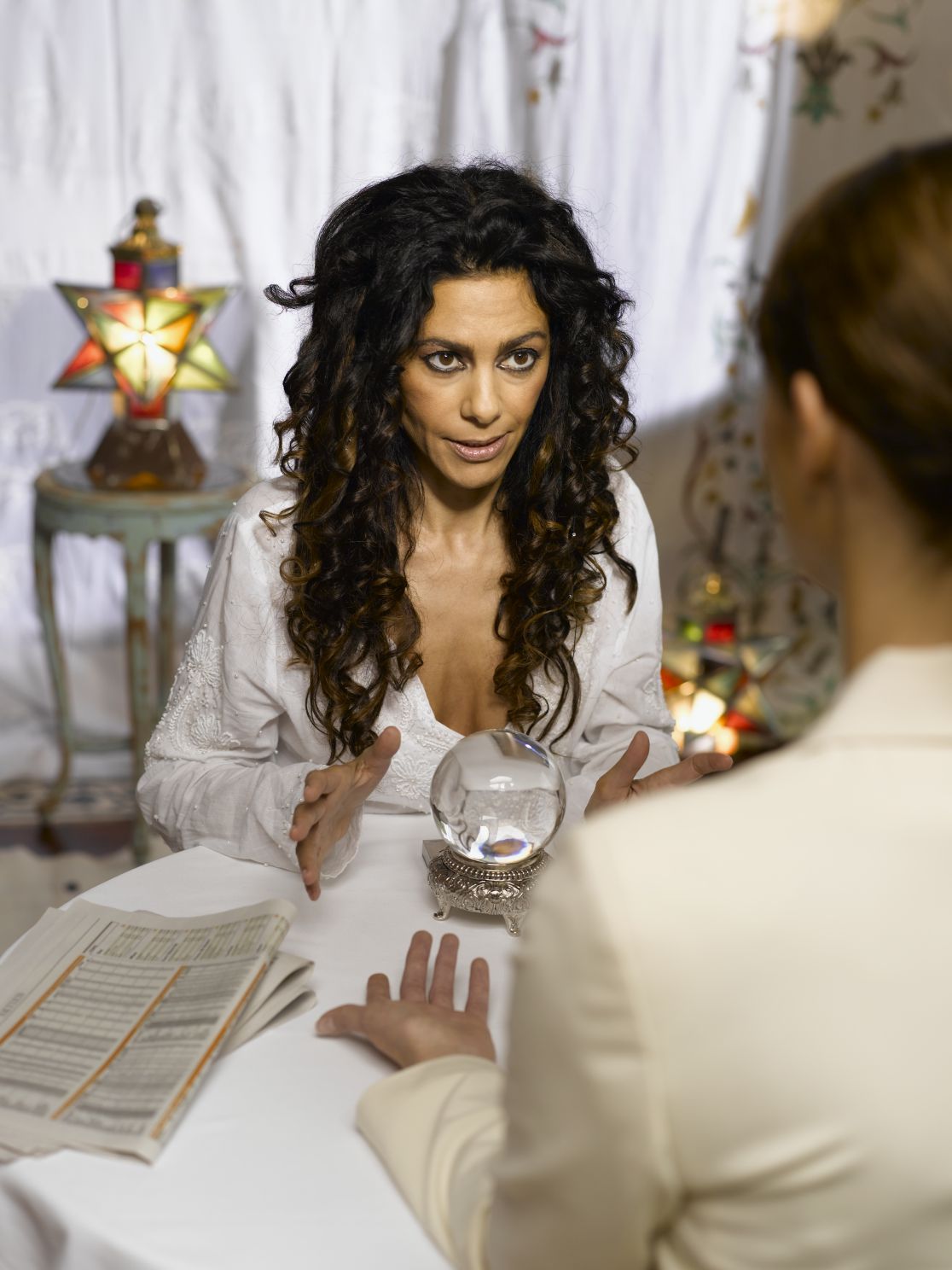Introduction
Psychology as a Science
In this activity, you will use science to explore the world of psychics and to avoid falling victim to flaws of thinking.
Dr. Melanie Maggard
Dr. Natalie J. Ciarocco, Monmouth University
Dr. David B. Strohmetz, University of West Florida
Dr. Gary W. Lewandowski, Jr., Monmouth University
Something to Think About…
Being a good scientist requires objectivity, skepticism, creativity, empirical reasoning, and communication. Given that psychology is a science, psychologists should strive to develop these characteristics in their practice and research. As scientists, we can use these skill sets to test a range of questions we might have about the world around us, and to explain and predict human behavior and thoughts.
Something to Think About…
After reading about our natural flaws in thinking, think about how they might affect our ability to be good scientists. For example, what is your take on the legitimacy of psychics? Do you believe in clairvoyance, or know people who do? How do your past experiences or beliefs shape your attitudes about this topic? Let’s see if, in spite of past experiences or beliefs, you can use what you have learned in class to analyze the topic of psychics through an objective, scientific lens.

Flaws in Thinking

Scenario: You remember a time when you visited a psychic, who predicted that you would soon meet a person who would become a close friend. Behold—you met someone at a party and became friends with them only weeks later! Believing unconditionally in the psychic’s authority on your new friendship is an example of which flaw in thinking?
Question 1.1
Flaws in Thinking

Scenario: You often refer to yourself as Psychic Sammie because the predictions you make about your friends’ lives sometimes turn out to be more accurate than what they predict for themselves. You find this nickname appropriate and consider opening a fortune-telling stand to make some extra cash. What flaw in thinking are you displaying here?
Question 1.2
Flaws in Thinking

Scenario: Lisa prides herself on being a good psychic and routinely tells new clients about her success in predicting major life events. When you ask her how she can be sure that her predictions will come true, Lisa states that she just “knows” that they will come true. What flaw in thinking is evident here?
Question 1.3
Characteristics of a Good Scientist

Bem (2011) surprised the scientific world with evidence supporting the validity of psychic claims. Subsequently, some researchers have attempted to replicate Bem’s findings to prove that he must be wrong in his conclusions and that possessing psychic abilities is impossible. Which of the following characteristics of a good scientist may these other researchers be lacking?
Question 1.4
Characteristics of a Good Scientist

Researchers who replicate Bem’s (2011) studies are recreating the same methods he used, but with different samples.
Question 1.5
Characteristics of a Good Scientist

Since you want to be a good scientist, you decide to be open-minded about the credibility of psychics and conduct some research of your own. In order to collect data for your study, you ask your family to provide personal examples of psychic phenomena. What type of research are you conducting?
Question 1.6
Characteristics of a Good Scientist

Because your first study provided you with limited insight into the credibility of psychics, you decide to conduct another study. You call a famous psychic, record the predictions he makes about you for the next 6 months, and then compare the predictions to real-life events. What type of research are you conducting?
Question 1.7
Characteristics of a Good Scientist

You are determined to complete your research on the credibility of psychics and decide to conduct one last study (third time’s the charm!). In a series of trials, you ask a group of self-proclaimed psychics to predict which card you will pull out of a deck. You record the psychics’ predictions and the correct answers, comparing the accuracy of their predictions with the results that would be expected by chance. What type of research are you conducting?
Question 1.8
Take Home Message
You know now that being a good scientist is not easy, but it is worthwhile! Keep in mind that personal experiences, although useful for giving us ideas for research, can lead to our making assumptions (and you know what they say about assumptions). These assumptions often lead to flaws in our thinking, which, in turn, keep us from seeing a situation for what it really is.
Strive to ask questions, remain objective, and be open-minded when presented with ideas and findings from research. Taking these steps grows your knowledge about the world through systematic observations and measurements, and means you are well on your way to becoming a true scientist.

Congratulations
Congratulations! You have successfully completed this activity.
